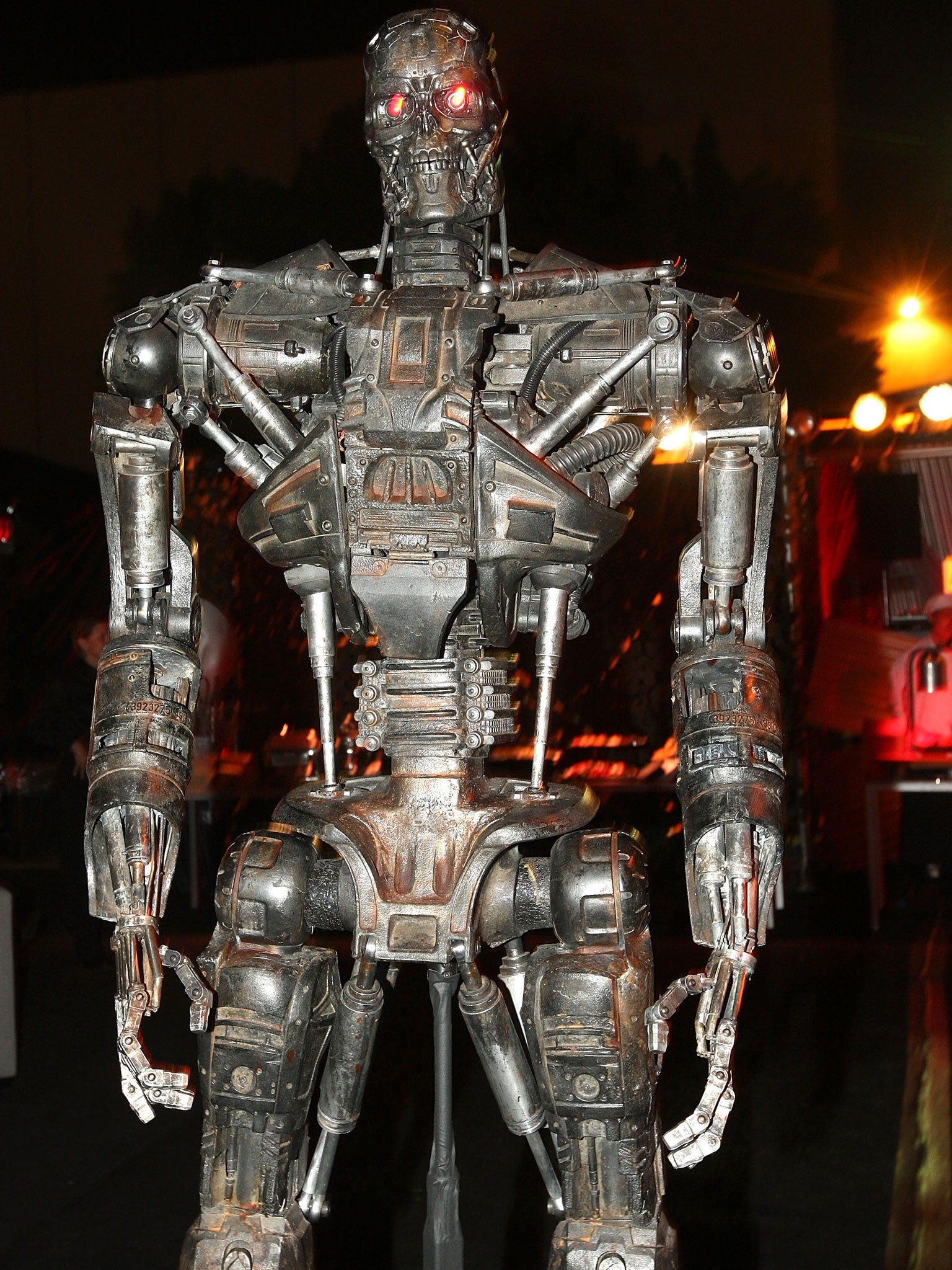Killer robots should be banned 'before it is too late', warns Human Rights Watch
The United Nations opened its first ever multinational convention on lethal autonomous weapons today

'Killer robots' would “jeopardise basic human rights” and should be preemptively banned "before it is too late", Human Rights Watch has warned as the United Nations held its first ever multinational convention on lethal autonomous weapons systems today.
The convention in Geneva will be held over three days under the framework of the Convention on Certain Conventional Weapons, which aims to ban or restrict weapons that cause unnecessary or unjustifiable suffering to both civilians and those in combat.
The informal meetings are attended by experts in the field and will first look at defining what an autonomous weapon is, and whether it fits into the definition governed under the convention, The Washington Post has reported.
So-called ‘killer robots’ are autonomous machines able to identify and kill targets without human input. Fully autonomous weapons have not yet been developed but technological advances are bringing them closer to fruition.
There have been growing ethical concerns over the use of robots that could effectively have "the power of life and death over humans".
Meet the robots - the strange creations of Boston Dynamics
Show all 6HRW has released a 26-page report to coincide with the debate, where it argued killer robots would threaten fundamental rights, such as “the right to life, the right to a remedy, and the principle of dignity”.
“In policing, as well as war, human judgment is critically important to any decision to use a lethal weapon,” said Steve Goose, arms division director at Human Rights Watch. “Governments need to say no to fully autonomous weapons for any purpose and to pre-emptively ban them now, before it is too late.”
Read more: 'Killer robots' and their use to be debated at United Nations
Michael Moeller, the acting head of the UN's European headquarters in Geneva, urged the delegates to adopt new laws in advance to ensure human control, because "all too often international law only responds to atrocities and suffering once it has happened".
His call was backed by German Ambassador Michael Biontino, who told the meeting: "It is indispensable to maintain control of the decision to kill another person."
But US diplomat and legal adviser Stephen Townley cautioned the meeting against trying to pre-judge the uses of emerging technologies.
On Saturday, Prof Noel Sharkey, a member and co-founder of the Campaign Against Killer Robots and chairman of the International Committee for Robot Arms Control, spoke ahead of the conference and warned autonomous weapons systems cannot be guaranteed to "predictably comply with international law."
Subscribe to Independent Premium to bookmark this article
Want to bookmark your favourite articles and stories to read or reference later? Start your Independent Premium subscription today.

Join our commenting forum
Join thought-provoking conversations, follow other Independent readers and see their replies